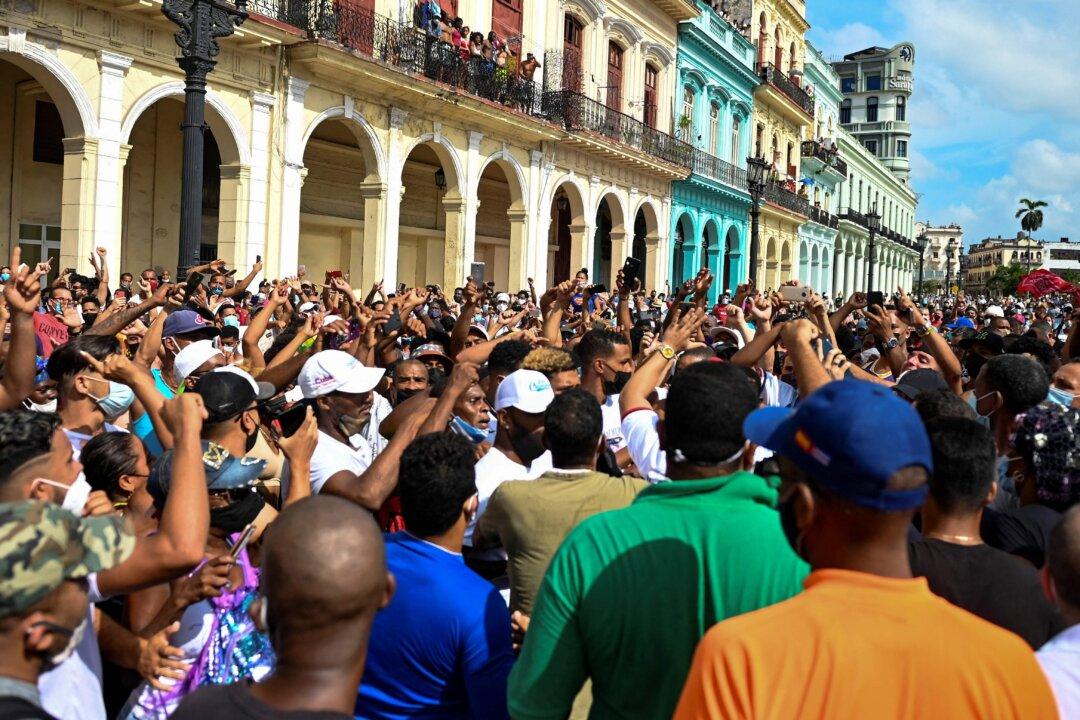By Nora Gámez Torres
From Miami Herald
Cuban authorities continued their crackdown on domestic opposition, handing down sentences of up to 30 years to 128 anti-government protesters, including two underage teenagers.

Cuban authorities continued their crackdown on domestic opposition, handing down sentences of up to 30 years to 128 anti-government protesters, including two underage teenagers.